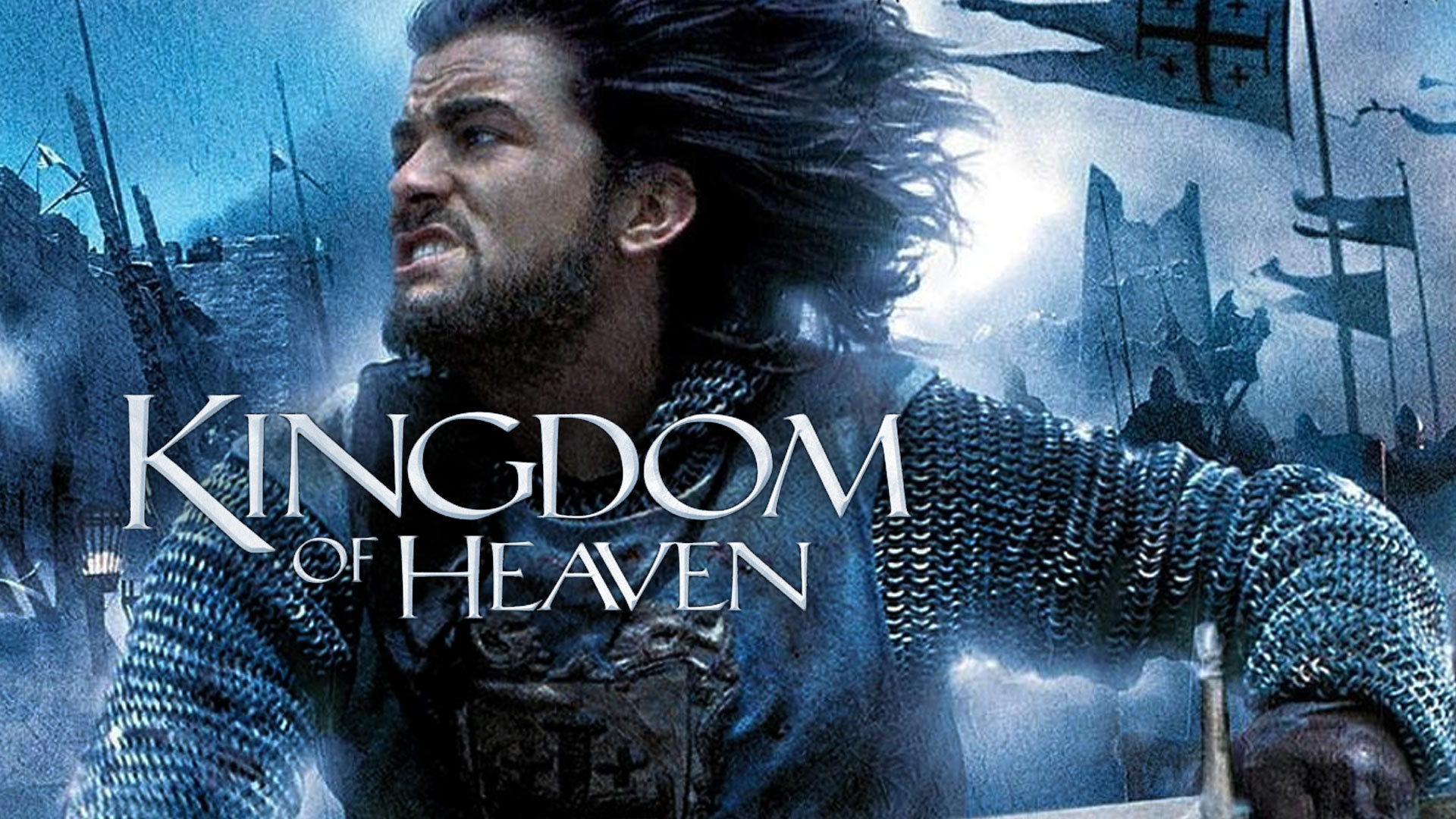Kingdom of Heaven (2005)

“Kingdom of Heaven,” released in 2005, is an epic historical drama directed by the acclaimed filmmaker Ridley Scott. With a screenplay by William Monahan, the film intricately weaves a narrative set during the tumultuous period of the Crusades, exploring themes of faith, honor, and the struggle for power.
The story follows Balian de Ibelin, portrayed by Orlando Bloom, a blacksmith in France who is drawn into the conflicts of the Crusades after the death of his father, a noble knight. The film opens with Balian in a state of despair, having lost his wife and facing a crisis of faith. This internal conflict sets the stage for his journey, as he ultimately decides to join his father’s quest in Jerusalem, seeking redemption and a purpose.
Scott’s direction brings a grand scale to the film, with sweeping landscapes and meticulously crafted battle scenes. The cinematography captures both the beauty and brutality of the era, from the majestic architecture of Jerusalem to the chaotic and violent clashes between Christians and Muslims. The film’s visual style, combined with its powerful score by Harry Gregson-Williams, immerses viewers in the historical context, making them feel the weight of the characters’ struggles.
The film delves deeply into the political and religious tensions of the time. Balian becomes embroiled in the conflicts not only between the warring factions but also within his own heart. He encounters figures like King Baldwin IV, played by Edward Norton, whose leprosy adds a layer of tragedy to his reign, and Saladin, portrayed by Ghassan Massoud, the Muslim leader who embodies both honor and ferocity. The interactions between Balian and Saladin highlight the complexities of faith and the possibility of coexistence, presenting both sides as more than mere adversaries.

One of the film’s most powerful themes is the concept of honor. Balian’s journey is not just a physical one but a moral quest for meaning in a world riddled with conflict. He strives to protect the innocent and uphold his ideals, even when faced with overwhelming odds. This struggle is poignantly captured in the climactic siege of Jerusalem, where the characters must confront their beliefs and the consequences of their actions.

Critically, “Kingdom of Heaven” was received with mixed reviews upon its initial release, but it has gained a more appreciative audience over the years, especially with the release of the director’s cut. This version offers additional depth to the characters and expands on the political intrigue, enriching the narrative and providing a more nuanced portrayal of the events. Ridley Scott’s meticulous attention to historical detail and character development allows viewers to engage with the film on multiple levels, fostering a greater understanding of the era’s complexities.

The performances in “Kingdom of Heaven” are commendable, with Bloom’s portrayal of Balian striking a balance between vulnerability and strength. The supporting cast, including Jeremy Irons as the pragmatic Tiberias and Eva Green as the spirited Sibylla, adds layers to the story, creating a rich tapestry of human emotions amidst the backdrop of war.

In conclusion, “Kingdom of Heaven” is a cinematic masterpiece that transcends the typical boundaries of a historical epic. Through its exploration of faith, honor, and the human condition, it invites viewers to reflect on the nature of conflict and the possibility of understanding between differing cultures. Ridley Scott’s direction, combined with a strong script and powerful performances, makes this film a thought-provoking experience that resonates with contemporary audiences, reminding us of the enduring impact of history on our present. Whether one is drawn to its grand battles or its introspective character arcs, “Kingdom of Heaven” remains a significant entry in the pantheon of epic cinema.











